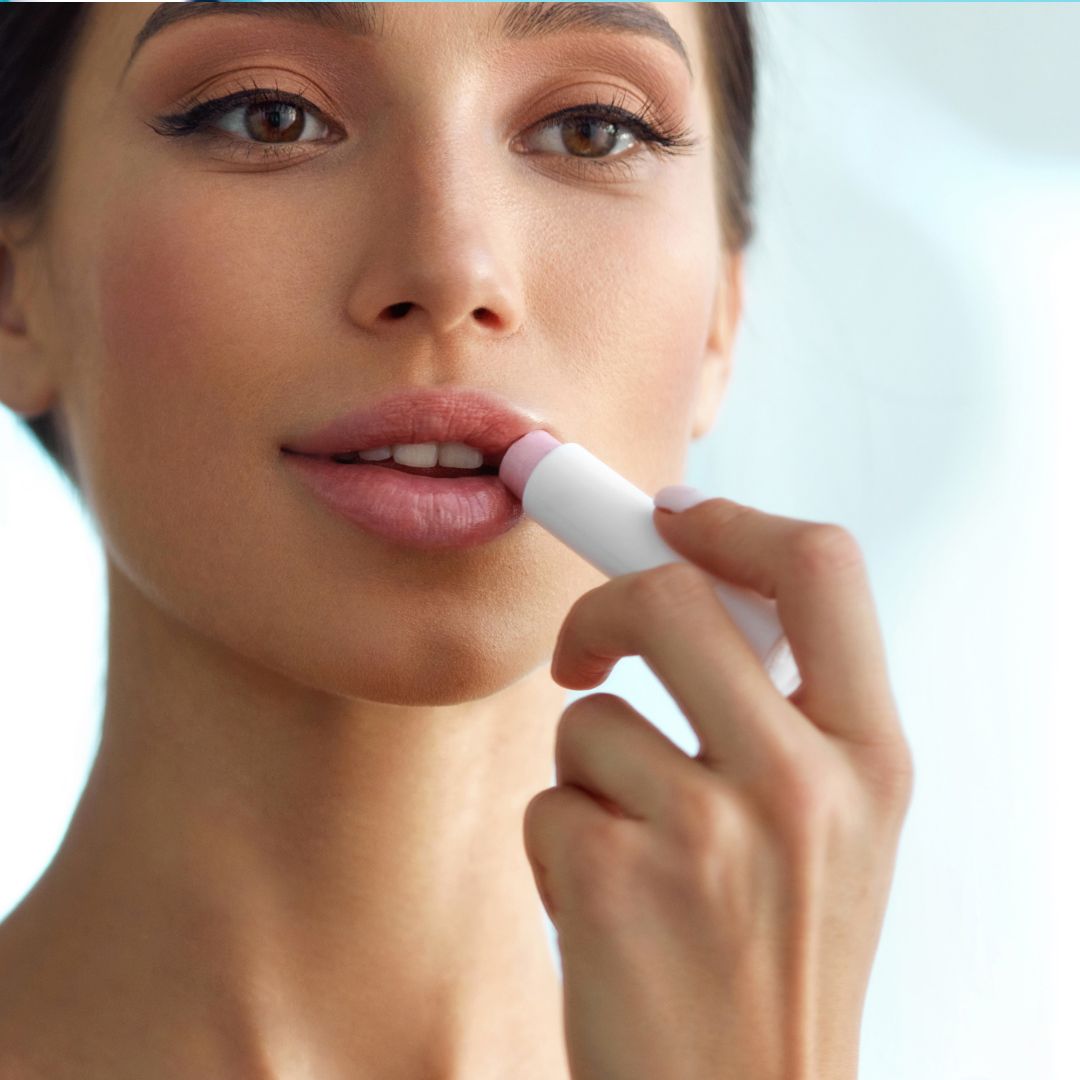Lip Aging
When we think about aging, we often focus on the appearance of fine lines and wrinkles on the skin. Yet, our lips, one of the most expressive parts of the face, also undergo significant changes as we age. But what exactly happens to our lips as we grow older? Let's dive into the intriguing biology behind lip aging.

The Science of Lip Aging
Our lips are composed of three layers: the skin, muscle, and salivary glands. Over time, these components undergo changes that affect the appearance and functionality of our lips.
Firstly, the skin on our lips thins out as we age. This thinning is due to the decreased production of collagen. This protein provides structure and volume to our skin. In fact, starting from our mid-20s, our bodies produce about 1% less collagen each year. This gradual decrease leads to eventual thinning and loss of plumpness in the lips.
Additionally, the orbicularis oris, the muscle that allows us to pucker our lips, loses its tone and elasticity over time. The loss of muscle tone can contribute to "lipstick lines." These are vertical lines on the lips and along its border.
Lastly, our salivary glands also age. With time, they produce less saliva, which can lead to dry and chapped lips.
Factors Influencing Lip Aging
Various factors can influence how quickly or intensely our lips age. These include the following:
Sun exposure: Lip skin is incredibly thin and contains less melanin, making it more susceptible to sun damage. Over time, excessive sun exposure can accelerate the aging process of the lips.
Smoking: The repetitive motion of puckering the lips to inhale, coupled with the damaging effects of tobacco on the skin, can lead to premature aging of the lips.
Dehydration: Regular hydration helps maintain the plumpness and softness of the lips. Dehydrated lips can appear shriveled and aged.
Preventing and Treating Lip Aging
While lip aging is a natural process, certain lifestyle changes and treatments can slow down the process:
Sun protection
Applying lip balm with SPF, wearing a wide-brimmed hat, or seeking shade can protect the lips from
sun damage.
Hydration
Drinking adequate amounts of water and using a good-quality lip balm can prevent dehydration of the
lips.
Nutrition
A balanced diet rich in vitamins and antioxidants can support the production of collagen and other
essential proteins for healthy lips.
Professional treatments
Professional treatments like fillers and laser therapy, or anti-aging creams can be considered
to restore the lips' youthful appearance.
Understanding the biological process of lip aging can help us appreciate our lips more. If you want to keep them in kissable shape, make sure to take proactive steps to maintain their health and appearance. After all, our lips do a lot for us - it's only fair we return the favour!
